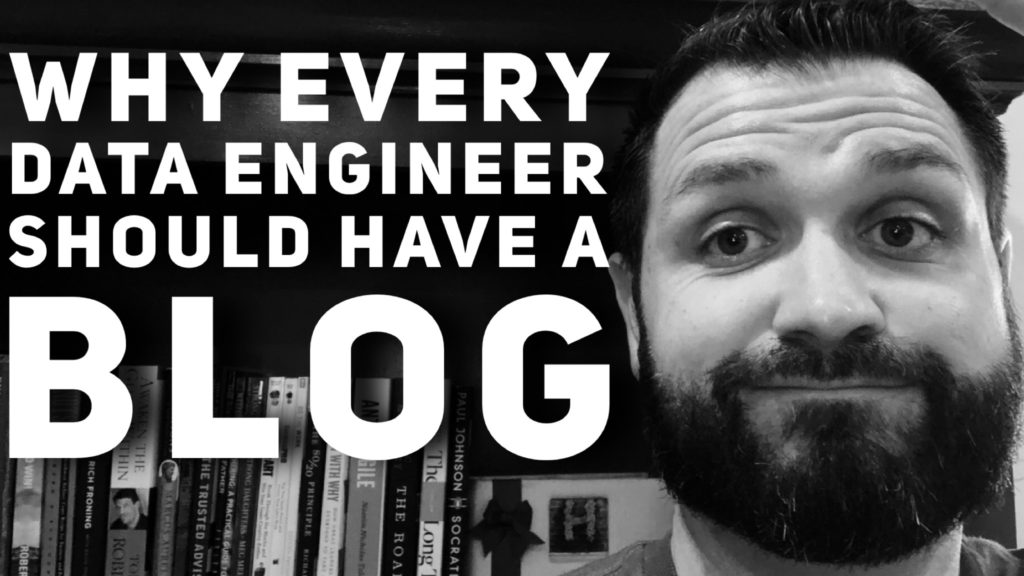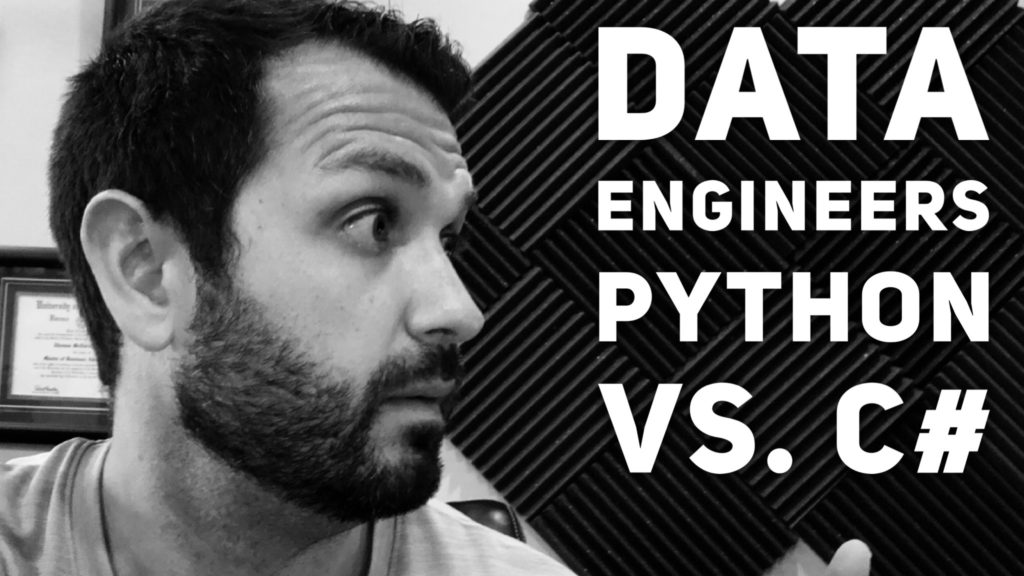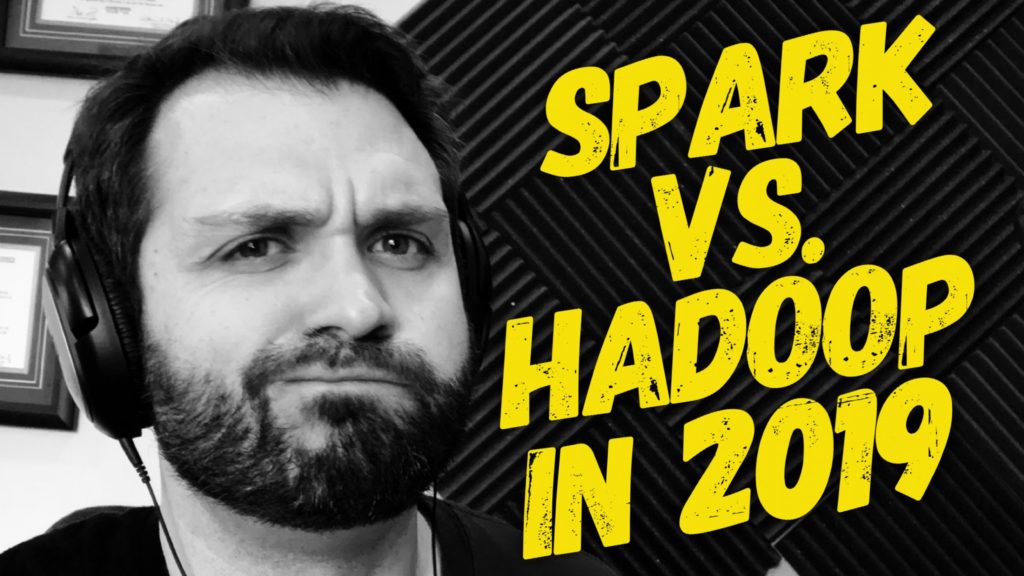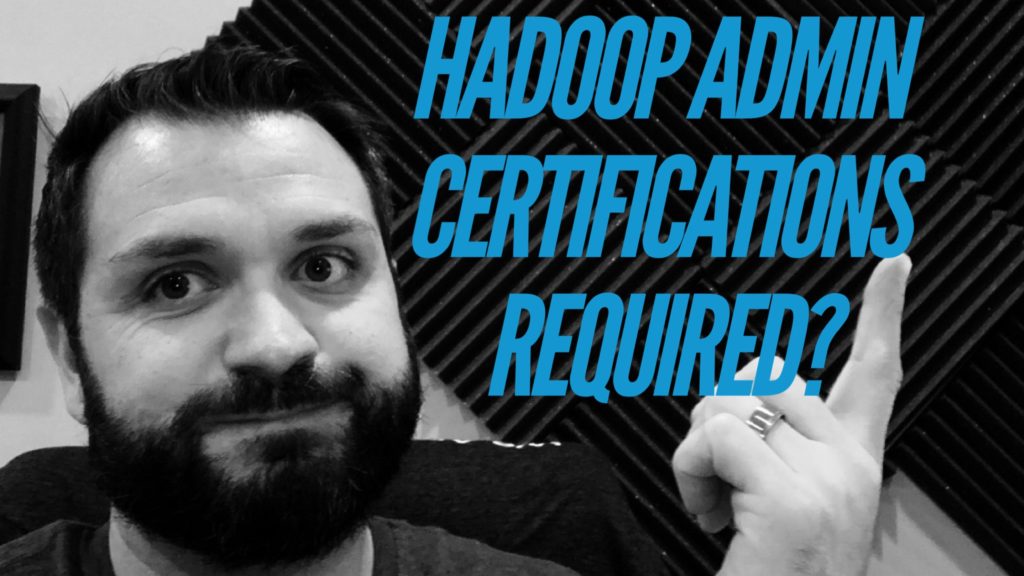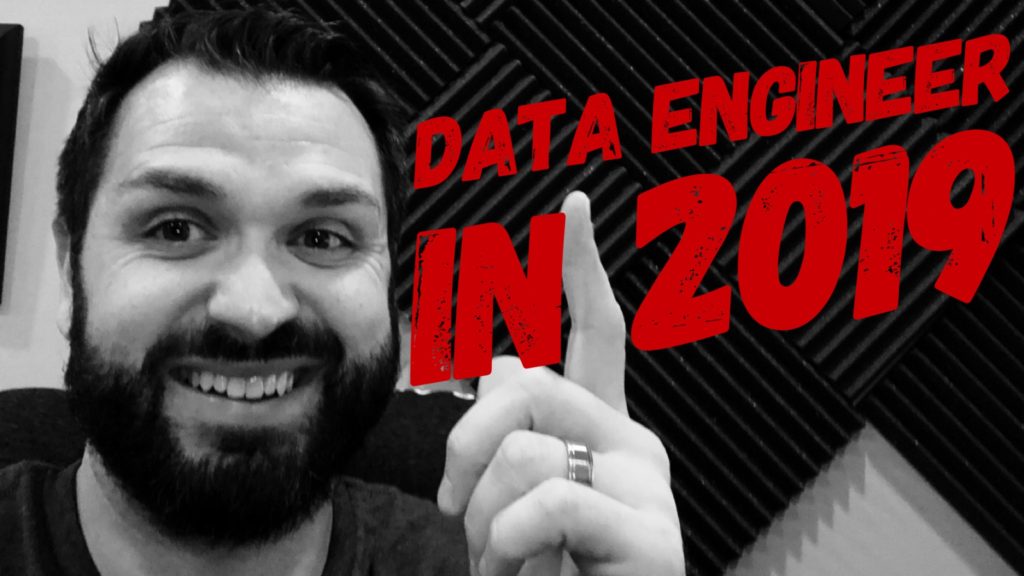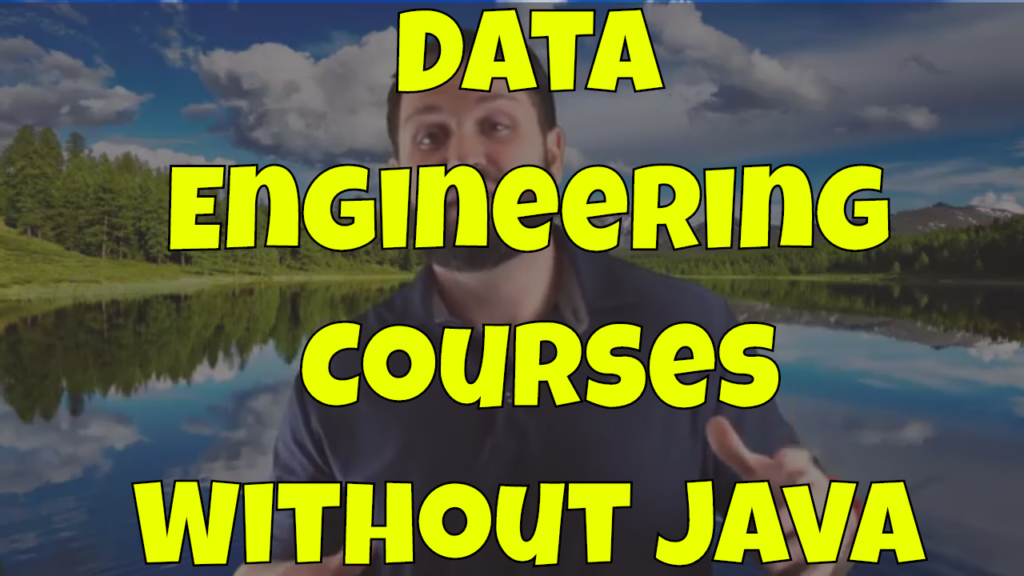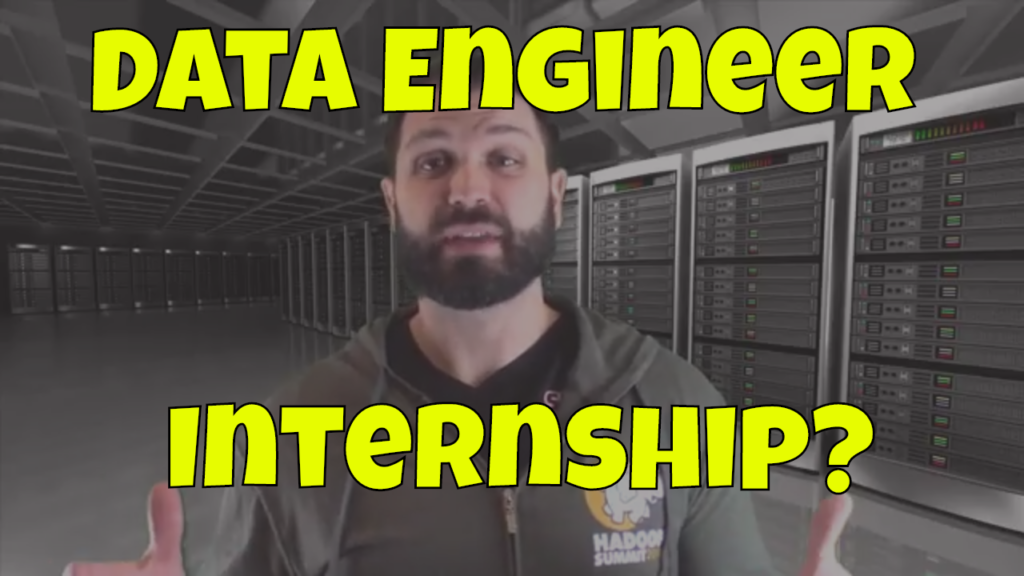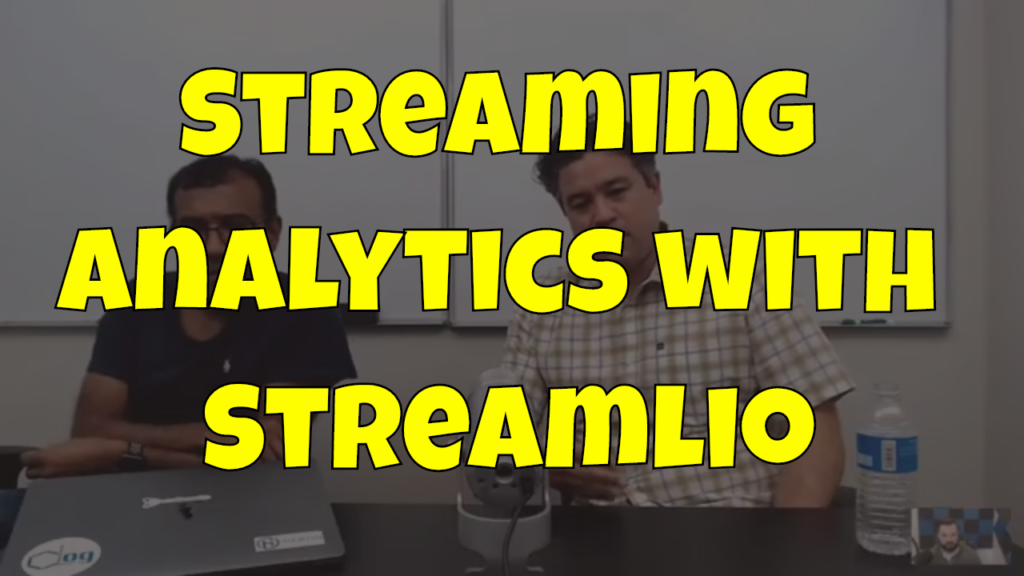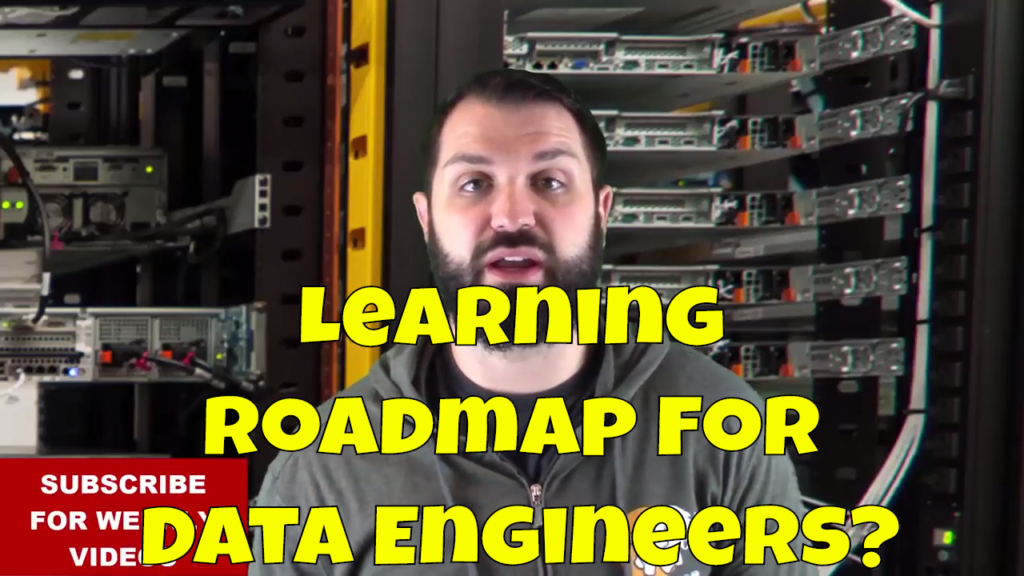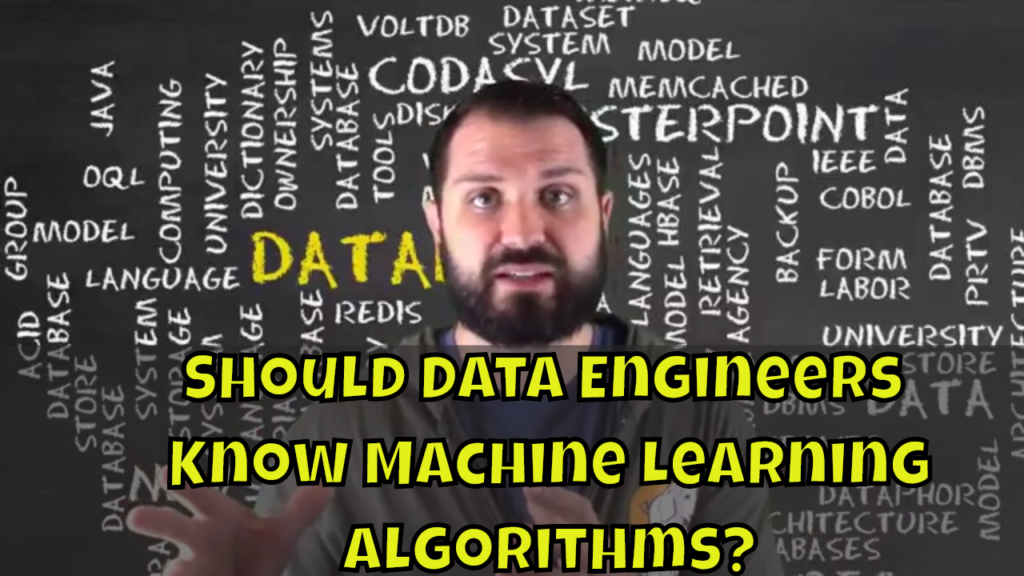The Big Data Big Data Questions show is heading to London for the O’Reilly AI Conference October 15 – 17 2019. I’m excited to be a part of the O’Reilly AI Conference series. In fact, this will be my third O’Reilly AI conference in the past year. Let’s look back at those events and forward to London.
San Jose & New York
First in 2018 I attended the San Jose conference where I spent a good portion of the time in the Dell EMC booth talking with Data Engineers and Data Scientist. One of the major themes I heard from Data professionals was they were attending to learn how to incorporate Tensorflow into their workflows. In my opinion Tensorflow was talked about in every aspect of the conference. We had a blast learning from attendees and discussing how to Scale Deep Learning Workloads. Also this was my first time attending a conference with 14 stitches in my left hand (trouble on the pull up bar)!
Next was O’Reilly AI New York. Forever this conference will be known in my head as the Sofia the Robot trip. During this conference I worked with Sofia the Robot not only at the conference but in a Dell EMC event at Time Square Studios (part of the Dell Technologies Magic of AI Series). Before the Magic of AI event, Sofia and I spent the day recording with O’Reilly TV about the current state of AI and what’s driving the widespread adoption. After a day of recording, I had a keynote for day two of the O’Reilly AI Conference where I discussed how AI is impacting future generations already. Then there was a whirlwind of activity as Sofia the Robot took questions at the Dell Technologies booth. The last thing of the day was the Magic of AI event in Time Square Studio where we had 100 people taking part in a questions and answer session with Sofia the Robot.
Keynote O’Reilly AI Conference New York
Coffee with Sofia the Robot
http://https://youtu.be/KbBvdoUOpmY
On To London
Next up is O’Reilly AI London. To say I’m excited is an understatement. During this trip I will accomplish many first time moments.
To begin with it’s my first international conference along with my first time in London. So many things to see and so little time to do it. Feel free to give me suggestions about visit locations in the comment section below.
Second at O’Reilly AI London I will give my first breakout session at an O’Reilly Conference. While I’ve been on O’Reilly TV and given a keynote I’ve yet to have a breakout session. My session is titled AI Growing Pains: Platform Considerations for Moving from POC to Large-Scale Deployments. The world is changing to innovate and incorporate Artificial Intelligence in many applications and services. However, with all this excitement many Data Engineers are still struggling with how to get projects past the Proof-of-Concept phase (POC) and into Production. Production environments present a list of challenges. The 3 biggest challenges I see when moving from POC to Production are the following:
- The gravity of data is just as real as the gravity in the physical world. As Deep Learning workloads continue grow so does the amount of data stored to train these models. The data has gravity that will attract services and applications to the data. The trouble here making sure you have correct Data pipelines Strategy on place.
- Once I had dinner with one of the Co-founders of Hortonworks, during which he said “Everything as Scale is exponentially harder. Have you ever moved around photos on your desktop? For the most part this is an easy task except when you accidentally move a large set of photos. Instantly after moving these large folders you are endlessly waiting for the hour glass to finish. Image doing this with 10 PBs of data. I think you get the picture here.
- The talent pool today compared to early days of “Big Data” is much larger. However, the demand for skills in Deep Learning, Machine Learning, and Data Engineering is stressing the system. Which still leaves a skills gap for experienced engineers with Deep Learning and Machine Learning skills. The skills gap is one huge factor for why many projects get stuck in the POC phase instead into production.
If you would like to know more about moving projects from POC to Production make sure to checkout my session if you are attending O’Reilly AI Conference in London. AI Growing Pains: Platform Considerations for Moving from POC to Large-Scale Deployments @ 11:55 on October 16, 2019.

